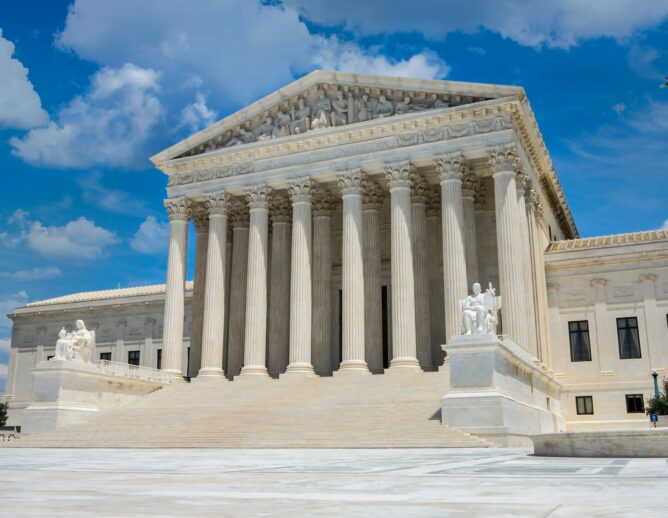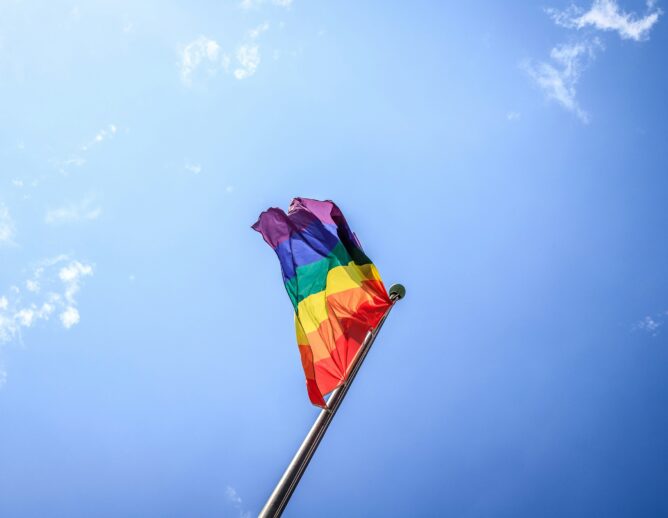
More and more, technology is becoming a part of our everyday lives. Increases in technology can have both positive and negative impacts. We now live in a world where we can order anything, including food and car services on our phones. Recently, ride share programs such as Uber and Lyft are partnering with medical providers to help ensure patients have reliable transport to their health care appointments.
Technology has long been used in the medical profession. Today, almost all patient files are computerized and many doctors have switched to tablets or computers to input patient data. This can ensure faster diagnosis as well as increased efficiency and help to coordinate care among health care professionals.
One of the major barriers for many people accessing medical services, particularly the elderly or people with disabilities, is a lack of reliable and safe transportation. A 2013 analysis of 25 studies, found that 10 to 51 percent of patients reported that lack of transportation is a barrier to health care access. One study reported that people who rely on buses were twice as likely to skip appointments compared to people who use cars.
Health care providers offer other alternatives to assist with transportation for non-emergency services. This includes volunteer drivers who work with health care providers to schedule pick-ups for patients. However, this usually requires scheduling ahead of time, which is ineffective when a patient forgets to book in advance or an unexpected or unscheduled appointment arises. Alternatively, patients sometimes call 911 for non-emergency services when they need transportation for a non-emergency medical appointment. This is not cost effective and can divert resources away from people that need it.
For patients living in cities, relying on public transportation for medical appointments can take hours. Additionally, in many cities, public transportation is not easily accessible for the elderly or people with disabilities. Sometimes, public transportation or even contracted transportation provider services are not reliable and can leave people waiting outside in extreme temperatures for long periods of time, causing potentially dangerous situations. Alternatively, car services such as Uber and Lyft can arrive in as little as 2 minutes and are able to provide door-to-door service.
When getting to a medical appointment is a hassle, patients are likely to miss the visit. This can lead to undiagnosed conditions or worsening health, which can lead to an overall increase in health care costs, for both individuals and providers. Out-of-pocket transportation costs for patients can vary. Medicaid patients are covered for transportation costs of non-emergency medical visits, however reimbursement rates vary by state. Traditional Medicare does not cover non-emergency medical transportation, however, there are some private Medicare Advantage plans that may offer such benefits.
To help alleviate some of the stress of finding transportation for health care visits, some hospitals and medical providers are utilizing services such as Uber and Lyft, and sometimes these costs are covered by Medicaid or insurance. Such partnerships between car service companies and medical providers are emerging all over the US.
MedStar Health, a nonprofit health care system in Maryland and Washington, DC, began a partnership with Uber in January 2016. The program allows patients to access Uber while on the hospital’s website and set up alerts and reminders for upcoming appointments. This program is available for patients that already have an Uber account. For Medicaid patients who do not have an account with Uber, the hospital’s patient advocate services can assist with arranging the ride.
Recently, National MedTrans Network, a national transportation system provider that provides non-emergency medical rides for patients and providers, has expanded its services through in New York, Nevada, and California in a partnership with Lyft.
There are other programs in place that will make transporting patients obsolete. The idea of an Uber for Healthcare app is gaining momentum and has attracted large name investors such as Lionel Richie and Ashton Kutcher. One such app is called Heal and allows users to input their location, medical symptoms, personal information, insurance and credit card information, choose an appointment time, and then request a doctor who is guaranteed to arrive with an hour. Such a house call costs around $99.
While these partnerships are fairly new, many people predict that this is just the start of what could be a very big program. In fact, dozens of startups use Uber as a template for bringing on-demand convenience to the market and there has been an influx of investment in such programs. It will be interesting to see what the future holds.
Latest
FDA v. Alliance for Hippocratic Medicine: Recapping the Supreme Court’s Oral Argument
Suhasini Ravi Rebecca Reingold



